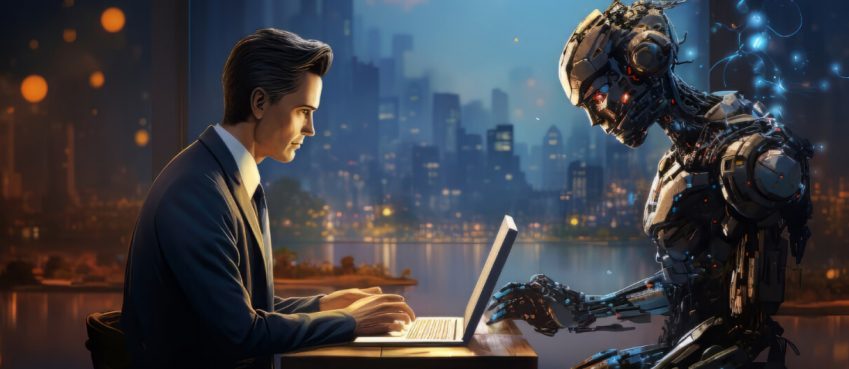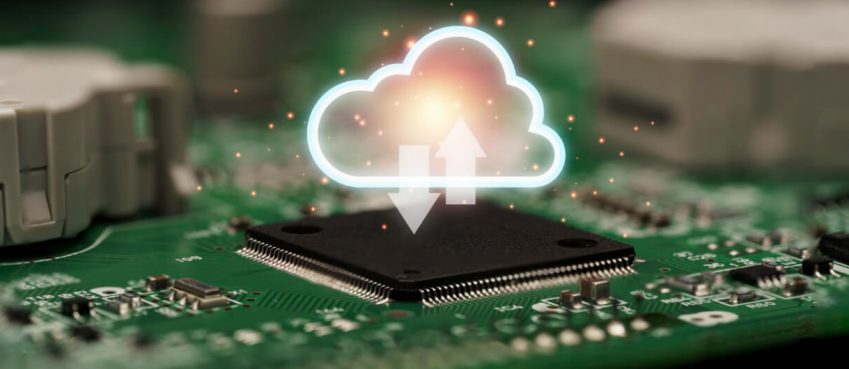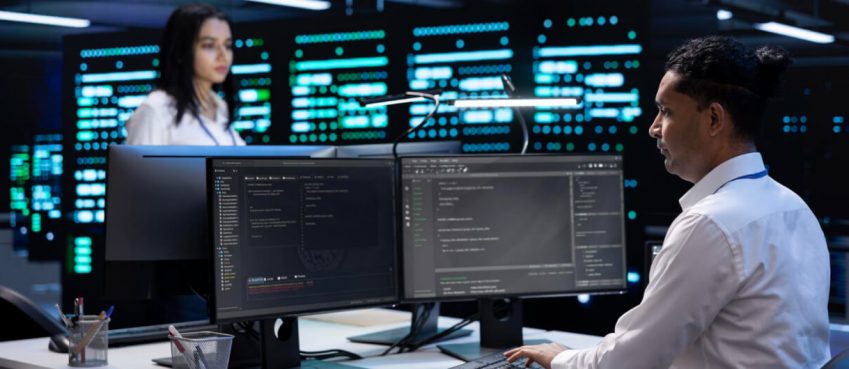
While some may disagree, working in the career in GameDev sphere is a dream of many developers, designers, and software engineers. So whether you’re an IT newbie graduating from a cheap coding boot camp and willing to join the area or an experienced specialist tired from outsourcing and thinking of a career pivot — here’s your up-to-point guide to GameDev professions.
Choose the direction you’d like to join — game design, development, or QC — and get the information about skills you’ll need and duties you’ll deal with if joining that particular branch of GameDev service.
Here we go!
1) Game Design
Top skills: UX/UI, communication, math, table handling, gaming, design, AI and process writing, work with game documentation, and marketing.
Who do you want to be here?
Game Designer
What you will do: A designer is responsible for the player’s experience from a gameplay perspective. So, you’ll ensure that a feature implementation matches its original intent.
You’ll analyze the project, create new features and mechanisms, craft design documents and creative briefs, communicate and collaborate with other departments, and do some management (feature ownership).
Skills you will need: Know the design theory (A Book of Lenses and Level Up! can help start) and have gaming experience and extensive knowledge of the game industry.
Ensure you understand game engines, have experience creating projects (indie games/game jams/mods/desktop games), and have communication and management skills.
Also read: [New] Top 10 Opus Clip Alternatives To Create Viral Short ClipsLevel Designer
What you will do: A level designer is like an architect building a game to be exciting for players to explore, fight enemies, solve puzzles, and find secret ways in it. Not only will you create a level geometry, invisibly leading the player through mysterious dungeons, fantasy castles, characters’ autobiographies, dark wastelands, and starbases, but you’ll also adjust the logic of a game’s events and interactive elements.
You’ll write game documentation, design game missions, work with level editors, and script game mechanics.
Skills you will need: Know the basic level editors, programming, and table handling. The ability to navigate well in three-dimensional space will come in handy, too.
Graphic Designer
What you will do: The colors of House Targaryen are red and black, Pepsi’s ones are red and blue, and the colors of a game and its recognizable style are all your responsibility. You’ll work with game design, documentation, UX/UI, and a bit of marketing to understand chatbots or AI.
Skills you will need: Get ready to know Adobe Creative Suite and corporate style guides. The knowledge of UI and UX and experience with UI animation would be a plus. Creativity will come in handy, too.
UI/UX Designer
What you will do: Most YouTube channels devoted to gaming are full of videos where players break keyboards or throw a gamepad at the screen because they do not have time to push the right button. So, your responsibility as a designer will be to create user interfaces that are simple and comfortable; no more gamepads would suffer.
Skills you will need: Ensure you know how to work with Adobe Photoshop, Flash, and Illustrator. Also, please do your best to understand what ergonomics is and how it applies to video games.
As Darshan Somashekar, who runs brain training and online jigsaw puzzle site Im-a-puzzle, explains, “The x-factor for user experience designer is to have instinctual empathy and insight into how users think. If you have this, you’ll be an excellent game designer.”
2) Game Development
Top skills: UX/UI, engineering, code review.
Who do you want to be here?
Game Engine Engineer
What you will do: A game engine is a set of tools to make a game work. It determines what a player will find most impressive: rendering, detailing, extreme personalization, or VFX (visual effects). A person who is good at it is worth their weight in gold in GameDev.
You’ll do programming, bug fixes, and work with the game documentation.
Skills you will need: Good knowledge of C++ or C# and object-oriented programming is a must. The knowledge of game physics will be a plus.
Also read: 9 Best Cybersecurity Companies in the WorldGame Soft Engineer
What you will do: The more popular the game, the more fans will be disappointed if the server goes down. And if the game’s services and servers work flawlessly, it means you’re doing a great job.
As a game software engineer, you’ll write web services and client SDKs, fix bugs, and work with game documentation.
Skills you will need: Knowledge of computer networks and their protocols, experience in writing web services and working with clouds, understanding a “client-server” architecture, C++, C#, and Python.
Gameplay Engineer
What you will do: It’s your responsibility whether a player will enjoy flawless gameplay or scold bugs in the system. You’ll do programming, fix bugs, and work with UX/UI and game documentation. The position of a gameplay engineer is generally considered the best one to start a career in GameDev.
Skills you will need: Do your best to have a professional background in C++ and knowledge of game design. If you are not afraid of the reverse in engineering modern games’ features and mechanics, you’re a perfect candidate for this position.
C++ Developer
What you will do: C++ is the most popular programming language in GameDev. Your tasks will be diverse: writing engines, game editors, and tools. You will often communicate with designers and QA engineers.
Skills you will need: Make sure you know C++ to perfection, analyze complex code, and are familiar with code optimization techniques.
Release-and-build Engineer
What you will do: You are the invisible but essential hero on whom the game development process depends. From the early alpha to the golden release, you are the engineer and architect of this process. And you know how to explain in plain English what the сontinuous integration is.
You’ll do programming, communication, and work with documents.
Skills you will need: programming, understanding the stages of game development, and working with code version control systems like Perforce or Git. The knowledge of CI software like Jenkins or QuickBuild would be a big plus.
3) Quality Control
Top skills: testing, communication, gaming.
Who do you want to be here?
Functional Tester
What you will do: testing, communication, and gaming. Suppose you’re a gamer with extensive gaming experience across genres, constantly looking for learning opportunities, and want to work alongside talented people for the future of the GameDev industry. In that case, this position is an excellent opportunity to start a career.
Skills you will need: The interest and passion in video games (good knowledge of genres and their specifics), the knowledge of the testing theory, software, and hardware of PCs and modern game consoles. On-the-fly learning, being a good team player, and attention to detail are also a must.
Also read: Top 6 Tips To Stay Focused On Your Financial GoalsQC-Specialist
What you will do: You will check games against criteria (for example, UX or platform requirements) and assist developers on QC issues. With your help, the game will meet all the needs of a particular specialization.
Skills you will need: A good knowledge of different game platforms, communication skills, self-discipline, and multitasking.
Network Services and Interaction Tester
What you will do: You will conduct tests of game network services and how they work together to ensure that online game modes work correctly, regardless of their hardware, platform, or way of connection.
Skills you will need: A good understanding of network protocols and services. You will also need a sense of networking and multitasking.
Live QA-Specialist
What you will do: You will be the link between a user support team and developers. Thanks to you, developers will understand and fix the web development issues and causes of problems players have, and players will know that the developer hears them and makes sure that their game experience is flawless.
Skills you will need: The knowledge of the latest gaming trends and interest in everything happening in the industry right now. You will also need agility, self-consistency, and the ability to be quick in your decisions.
QC Project Lead
What you will do: You are an intermedium between the team of testers and the project tasks. Your job is to organize teamwork so that all testers know how to make the project bug-free and still meet any deadline. In addition to building testing processes, complex project planning, and communicating with the developers, you will be a mentor, friend, and even a coach for your team.
Skills you will need: Excellent understanding of all stages of project development, love for people, and responsibility. A desire to achieve results with your team and previous experience in testing will be a plus.
Top 10 News
-
01
Top 10 Deep Learning Multimodal Models & Their Uses
Tuesday August 12, 2025
-
02
10 Google AI Mode Facts That Every SEOs Should Know (And Wha...
Friday July 4, 2025
-
03
Top 10 visionOS 26 Features & Announcement (With Video)
Thursday June 12, 2025
-
04
Top 10 Veo 3 AI Video Generators in 2025 (Compared & Te...
Tuesday June 10, 2025
-
05
Top 10 AI GPUs That Can Increase Work Productivity By 30% (W...
Wednesday May 28, 2025
-
06
[10 BEST] AI Influencer Generator Apps Trending Right Now
Monday March 17, 2025
-
07
The 10 Best Companies Providing Electric Fencing For Busines...
Tuesday March 11, 2025
-
08
Top 10 Social Security Fairness Act Benefits In 2025
Wednesday March 5, 2025
-
09
Top 10 AI Infrastructure Companies In The World
Tuesday February 11, 2025
-
10
What Are Top 10 Blood Thinners To Minimize Heart Disease?
Wednesday January 22, 2025







